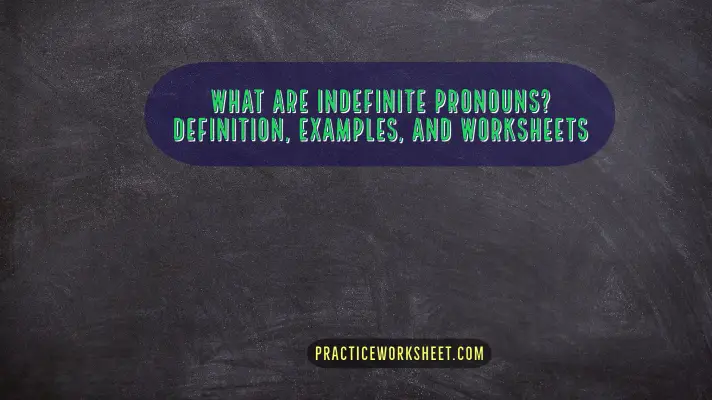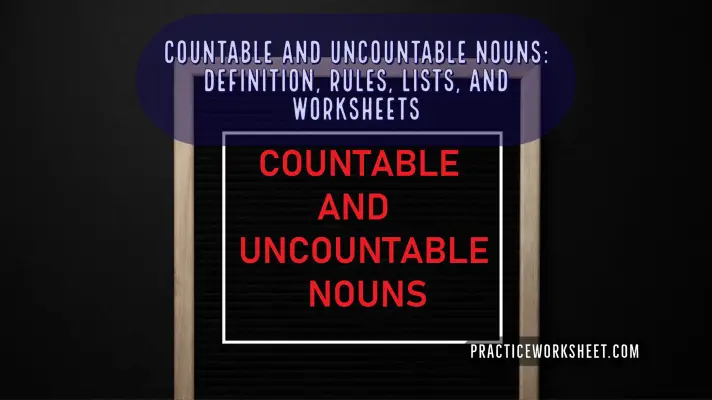What is meant by Proper Adjective?
Proper adjectives are modifiers formed from proper nouns. They usually modify the names of countries, cities, or regions, brands, religions, or sometimes individuals. We all know that proper nouns are nouns that name specific organizations, places, people, ideas, or things. Proper adjectives take these proper nouns and modify them to work as adjectives. Note that, similar to proper nouns, the first letter of proper adjectives are also capitalized.
What are the Examples of Proper Adjectives?
Let’s follow the below-mentioned examples to clearly understand the idea of proper adjectives.
| Proper Noun | Proper Adjective | Example of Proper Adjective in Sentence. | |
| Name of Place | China | Chinese | Do you love Chinese food? |
| Italy | Italian | Italian silk has a high quality. | |
| Asia | Asian | Do you have any plan to visit Asian countries? | |
| Britain | British | She studies in a British school. | |
| Name of Person | Buddha | Buddhist | Have you travelled any Buddhist temple? |
| Darwin | Darwinian | Are you aware of the concept of Darwinian evolution? | |
| Marx | Marxist | They are researching on Marxist theory. | |
| Christ | Christian | Christian churches of Diu are a nice place to visit. | |
| Name of Brand | Reliance | Reliance | His new Reliance phone has some unique features. |
| Nikkon | Nikkon | Aharsi is too excited to see his new Nikkon camera on his birthday. |
Why do we need Proper Adjectives?
Proper adjectives are required to describe something directly, efficiently, and explicitly. Sentences can be constructed without proper adjectives but proper adjectives make sentences simpler, shorter, and easy to read. For example, the sentence “Rahim loves Chinese food.” can be written as “Rahim loves the food that comes from China” without using a proper adjective. You can easily understand the importance of proper adjectives from the above two sentences. Proper adjectives are widely used in an artistic or academic context.
How do you form a Proper Adjective?
As already mentioned that proper adjectives are derived from proper nouns. Usually at the end of the noun -ian, -an, -esque, -ic, -ish, -like, -istic, etc are added to form a proper adjective. The following table provides some of the examples of proper adjectives formed using the above suffixes.
| -ian/-ean/-an | -ic | -i | -ish | -ese |
| Korean | Hispanic | Pakistani | Irish | Japanese |
| American | Nordic | Iraqi | Spanish | Sudanese |
| Australian | Greenlandic | Saudi | Turkish | Portuguese |
| Moroccan | Icelandic | Israeli | Danish | Lebanese |
Some Rules related to Proper Adjectives
- When a prefix is attached to a proper adjective, the prefix is not capitalized. Example: The search for a pan-European culture is not going to diminish soon.
- When the prefix starts the sentence or the prefix itself is formed from a proper noun then it should be capitalized. Example: Anti-Western sentiments are prevalent in China. Firan likes Afro-Caribbean dance moves.
- For proper adjectives with hyphenated forms, only the proper adjective is capitalized. Example: You should have taken a French-speaking guide.
Proper Adjectives Worksheets
It will be interesting to solve the following Proper Adjectives Worksheets.
Proper Adjectives Worksheet 1: Underline the proper adjectives in the following sentences.
- Madhu believes that the Putinist doctrine is no more.
- Do you know how to become a Confucian scholar?
- Those Tibetan landscapes are stunning.
- Let’s have some Korean food.
- Brazilian Pele is known as the god of football.
- When will you go to your Spanish class?
- Shakespearean sonnets are easy to comprehend.
- He was a Serbian football player.
- He has always been a Marxist.
- Even though Larry was born in London, her father was Viennese.
Proper Adjectives Worksheet 2: Use the given proper nouns in the table and form a proper adjective.
| Proper Noun | Proper Adjective | Proper Noun | Proper Adjective | Proper Noun | Proper Adjective |
| Uzbekistan | Toronto | Philippines | |||
| Paris | Laos | Middle East | |||
| Queen Elizabeth | Confucius | Adolf Hitler | |||
| Humanist | Judaism | Germany | |||
| Russia | Canon | Mars |



![Worksheet on Currency Names of Different Countries [with PDF] Worksheet on Currency Names of Different Countries](https://practiceworksheet.com/wp-content/uploads/2020/06/Worksheet-on-Currency-Names-of-Different-Countries.png)
![Singular and Plural Nouns: Definition, Rules, Examples, and Worksheets [With PDF] Singular and Plural Nouns](https://practiceworksheet.com/wp-content/uploads/2020/11/Singular-and-Plural-Nouns.png)



